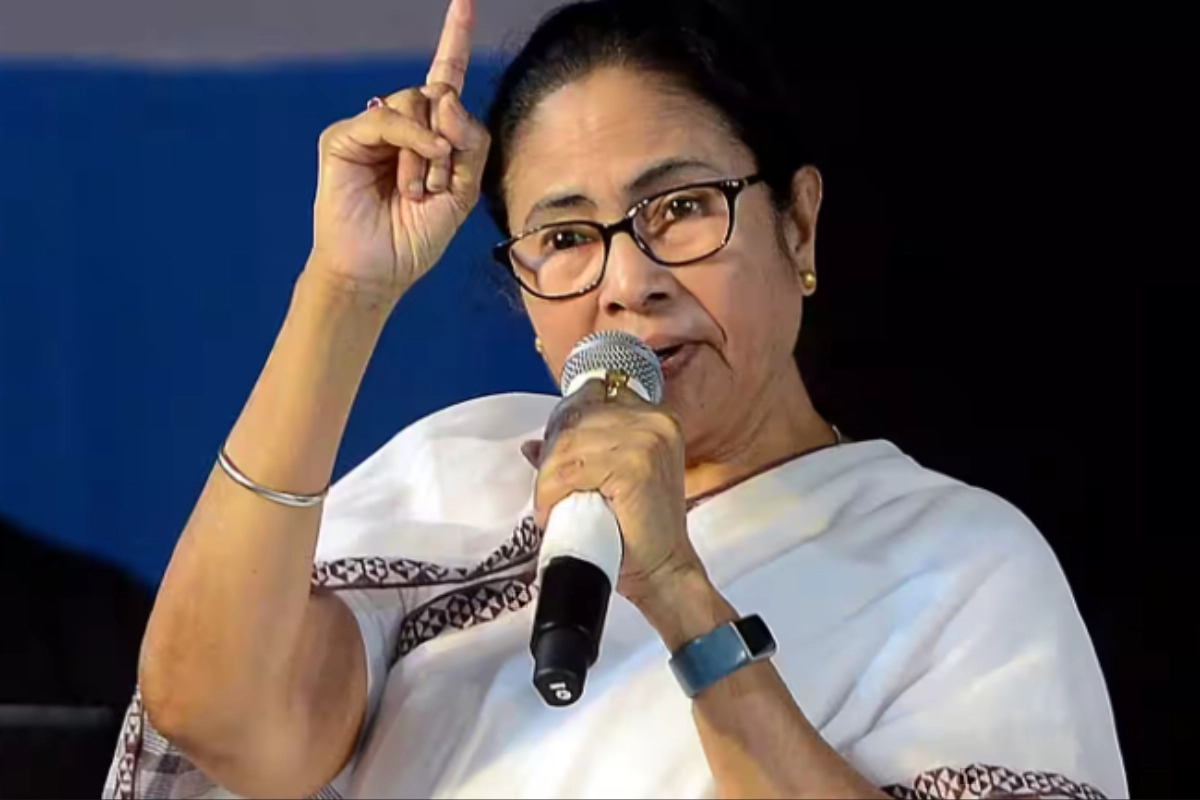NITI Aayog Meeting: Prime Minister Narendra Modi is chairing the 9th meeting of the NITI Aayog Governing Council on Saturday, which comprises an eclectic assembly of Chief Ministers, Lieutenant Governors of Union Territories, and Union Ministers. As chairman of the body, PM Modi, through NITI Aayog, will lead such discussions toward cooperative governance in furthering India’s development agenda.
Opposition Ruled States Boycott NITI Aayog Meeting
However, at a time of high political tension, it is happening. Chief Ministers of several opposition-ruled states have announced their decision to boycott the session. This list involves Tamil Nadu’s MK Stalin, Kerala’s Pinarayi Vijayan, and Aam Aadmi Party governments of Punjab and Delhi. Siddaramaiah from Karnataka, Sukhwinder Singh Sukhu from Himachal Pradesh, and Revanth Reddy from Telangana have also opted out. It has its origins in accusations of budgetary discrimination, the Leaders arguing that the central budget allocations have not treated their states squarely.
The meeting will, however, be attended by West Bengal Chief Minister Mamata Banerjee. Opposing the move, Banerjee has said that there should be someone on the single platform to articulate opposition voices. She had earlier demanded scrapping of the NITI Aayog and instead the revival of the Planning Commission. With respect to this stand of Banerjee, many others see this as the debate unfolding over how effective the NITI Aayog can be in the new framework and what role it has chalked.
BJD and JMM Voices
Adding to the political chorus, BJD MP Sasmit Patra extended support to the boycott, alleging that the Centre was marginalising the states in budgetary distributions. JMM MP Mahua Manjhi said her party would act according to what served Jharkhand’s interest best.
Discussion on a vision paper for further developing India is listed as part of the official agenda for the meeting. The meet is likely to share views on participatory operations between the Centre and states, mechanisms of distribution and how to improve the quality of life of people living in both rural and urban areas. Revving up of the recommendations of the third national conference of Chief Secretaries held in December will also be part of the agenda.
A Critical Discussion Point in the Meeting
Some of the focal points will range from access and quality of drinking water, efficient use of electricity, access to health care, standards of school education to digitization of land and property records. The meeting, which commences at 9 am, is the first in this regard. The Chief Ministers from the BJP-ruled states, comprising Uttar Pradesh, Assam, Madhya Pradesh, Rajasthan, Chhattisgarh, the eight northeastern states, Uttarakhand, Maharashtra, and other NDA-governed areas of the country, have started reaching Delhi. This would be considered an ongoing dilemma of Indian federalism—how intricate, intricate, and a web-like interplay of politics and governance at the national level.







